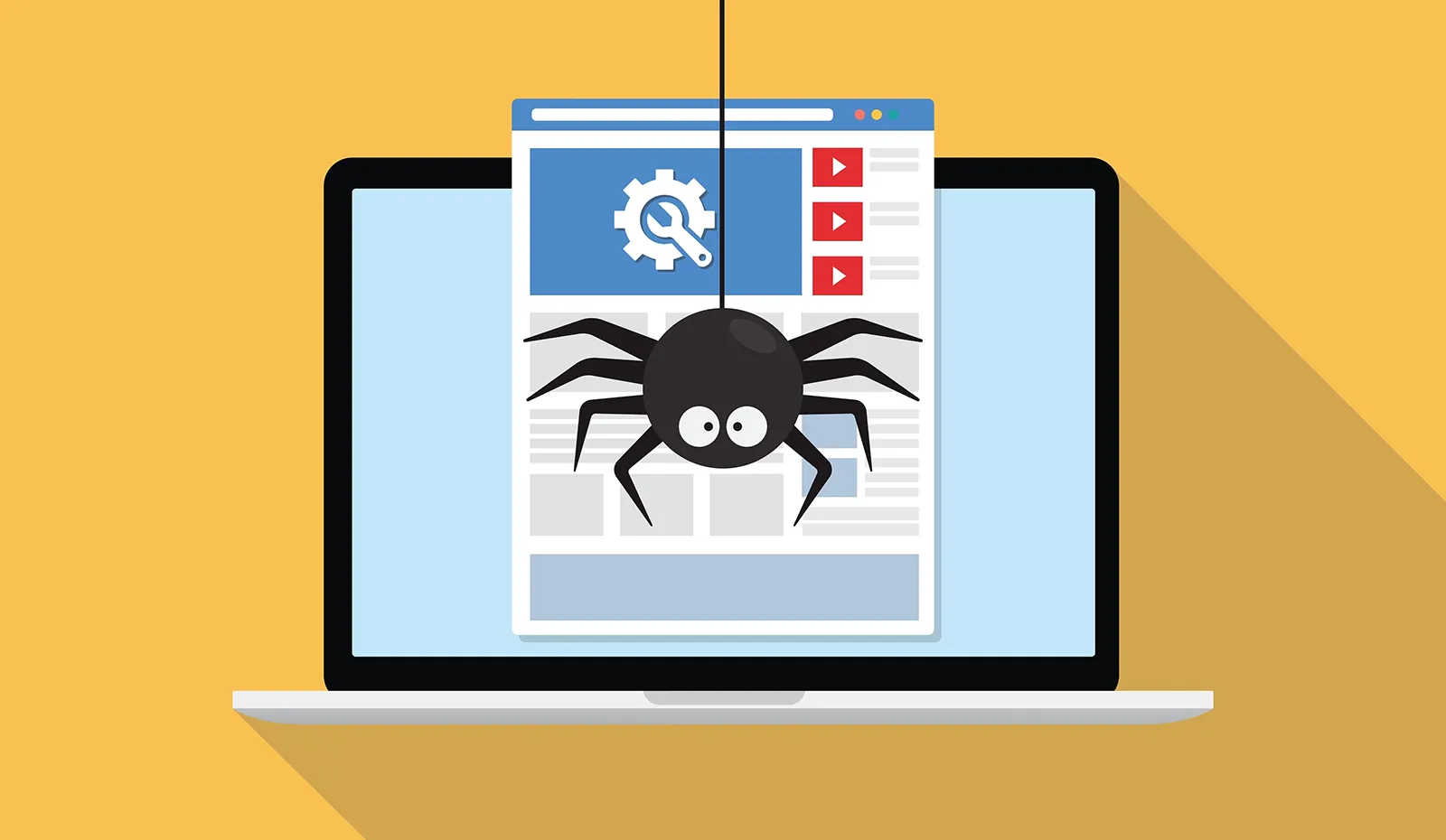How long does it take Google to crawl my website?
If you’ve recently launched a website or made significant changes to an existing one, you may be wondering how long it takes for Google to crawl and index your website.
In this post, we’ll explore the factors that impact the time it takes Google to crawl a website and provide tips to help speed up the process.
What is website crawling?
Website crawling is the process by which search engines like Google and Bing discover and index web pages. Search engine bots, also known as crawlers or spiders, crawl through websites to identify new content and changes to existing content.
How long does it take Google to crawl my website?
The time it takes Google to crawl a website can vary widely, depending on several factors. Here are some of the most important factors that impact crawl time:
- Website size and complexity
The size and complexity of your website are significant factors in determining crawl time. Large websites with many pages, complex structures, and multiple levels of navigation can take longer to crawl than smaller, simpler sites. - Server response time
Server response time is the amount of time it takes for your server to respond to a request from Google’s crawler. A slow server response time can delay crawling and indexing. - Internal linking structure
Your website’s internal linking structure is an essential factor in crawl time. The easier it is for Google to follow links and navigate your website, the faster it can crawl and index your pages. - Content freshness
Google is always looking for fresh, relevant content to index, and it prioritizes crawling websites with frequently updated content. If you regularly publish new blog posts or make updates to your site, it can help speed up crawl time. - Previous crawl history
Google remembers how often it has crawled your website in the past and adjusts its crawling frequency accordingly. If your website has a history of being crawled infrequently, it may take longer for Google to crawl it.
Tips for speeding up Google crawling
Now that you understand the factors that impact Google crawl time, let’s explore some tips to help speed up the process.
- Submit a sitemap
Submitting a sitemap to Google can help it find all of your website’s pages and understand your site’s structure. This can help speed up crawling and ensure all of your pages are indexed. - Optimize your website’s speed
Improving your website’s speed can help reduce server response time and make it easier for Google to crawl your pages. Some tips for improving website speed include optimizing images, compressing files, and reducing the number of HTTP requests. - Use internal linking
Ensure your website has a clear and logical internal linking structure to help Google crawl your pages more efficiently. Include links to your most important pages on your homepage and use breadcrumb navigation to make it easy for Google to understand your site’s structure. - Publish fresh, relevant content
Publishing fresh, relevant content regularly can help attract Google’s attention and encourage it to crawl your site more often. Aim to publish new blog posts or update existing content at least once a week. - Monitor crawl errors
Crawl errors can occur when Google encounters problems while crawling your website. Monitoring crawl errors and addressing them promptly can help ensure that Google can crawl and index all of your pages.
Conclusion
In summary, the time it takes Google to crawl your website can vary widely depending on several factors. By understanding these factors and implementing the tips provided in this post, you can help speed up the crawling process and ensure your pages are indexed quickly and accurately. Remember that the key to successful indexing is creating a high-quality, user-friendly website with fresh, relevant content.

